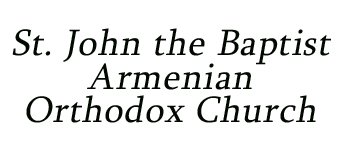DEATH OF HAKOB HOVHANNISIAN
December 22, 1941
Hakob Hovhannisian was an important figure in the period of organization of science in Soviet Armenia, and like many others, he became a victim of the Stalinist purges.
Hovhannisian was born in Shushi, then the capital of Artsakh, on December 7, 1875. After graduating from the local diocesan school, he continued his education at Berlin University and defended his doctoral dissertation in Chemistry at Heidelberg University in 1903. He returned to Shushi and taught chemistry at the local schools from 1904-1907. Between 1907 and 1920, he directed the laboratory of chemistry and bacteriology.
In 1917, Hovhannisian became a member of the Communist Party, turning into an enthusiast activist. He worked in Shushi and Dilijan in 1920-1921, and in 1921 he moved to Yerevan, working at the Council of Popular Commissars.
He delved into scientific work beginning in 1922, when he was elected rector of Yerevan State University. He created the chair of Chemistry at the university, which later was moved to the Medical Institute under his leadership until 1937. He earned the title of professor in 1925 and of emeritus worker of Science of Soviet Armenia in 1935.
In 1930, Hovhannisian was designated rector of the Medical Institute until 1936. In September 1936, he became director of the Institute of Biology of the Armenian branch of the Soviet Academy of Sciences
His studies on the structure of Vitamin C were particularly valuable. He was also the author of many articles on current affairs. He had an important contribution to the Medical Institute, the organization and strengthening of its chairs and clinics, as well as the construction of its modern building. He was actively involved in the projects of development of the chemical industry and chemical science in Armenia.
Hakob Hovhannisian was targeted during the Stalinist purges, and his scientific and public activities were interrupted after his imprisonment and exile in 1937. He died on December 22, 1941, in exile. He was rehabilitated posthumously. A scholarship to leading students at Yerevan State Medical University bears his name.


